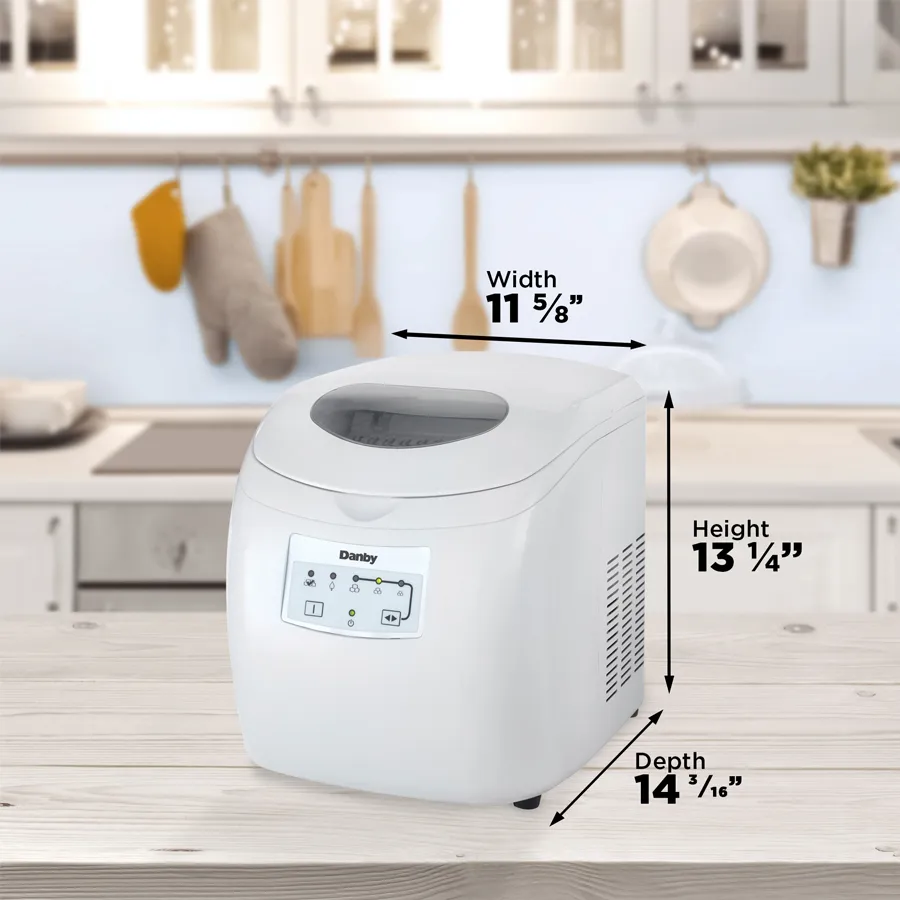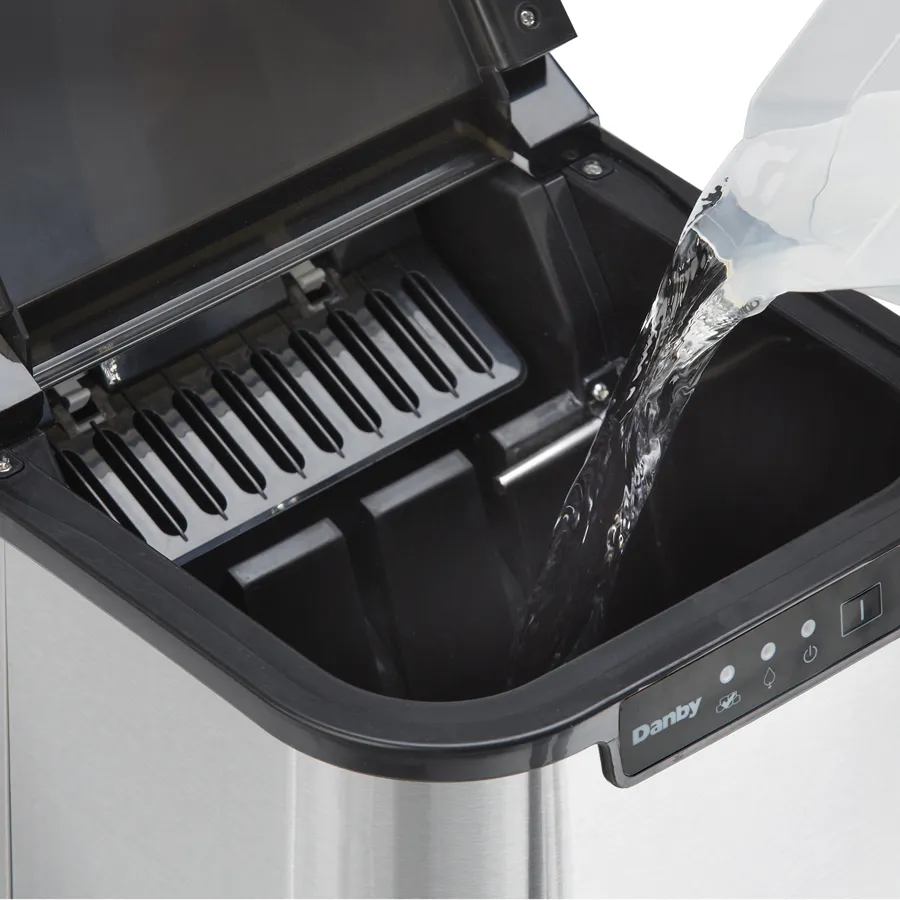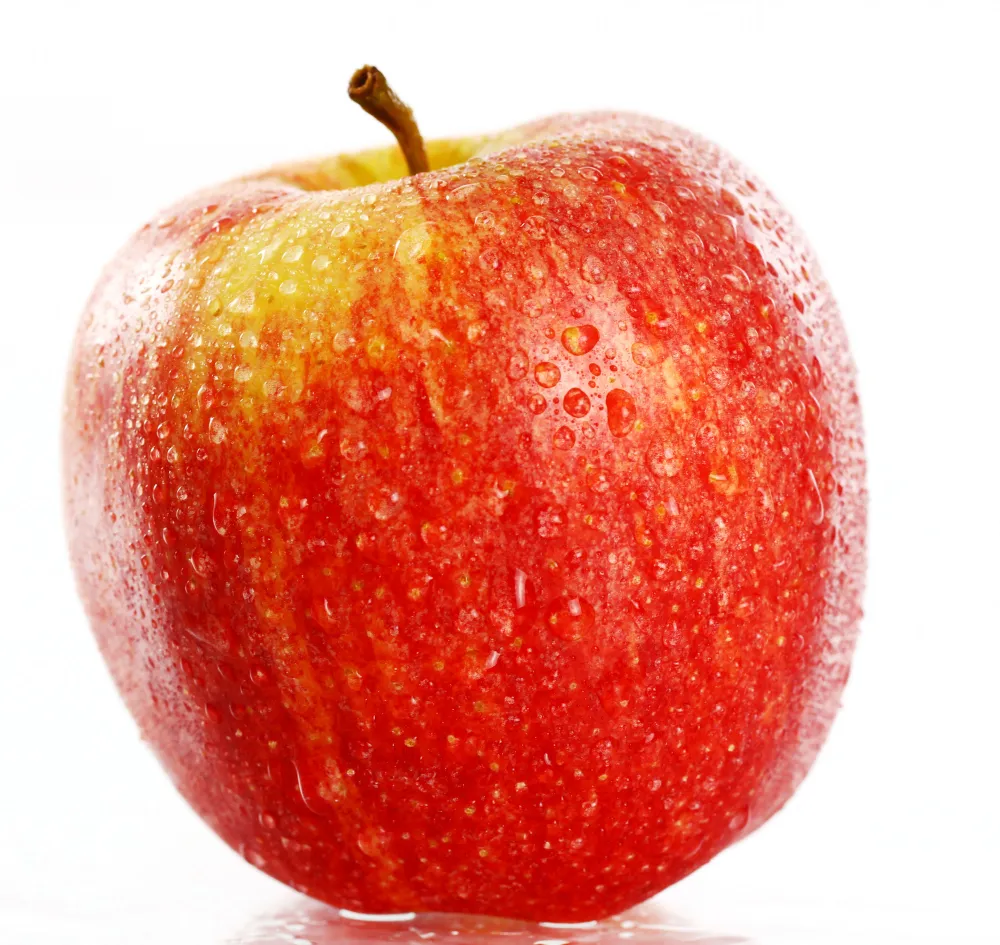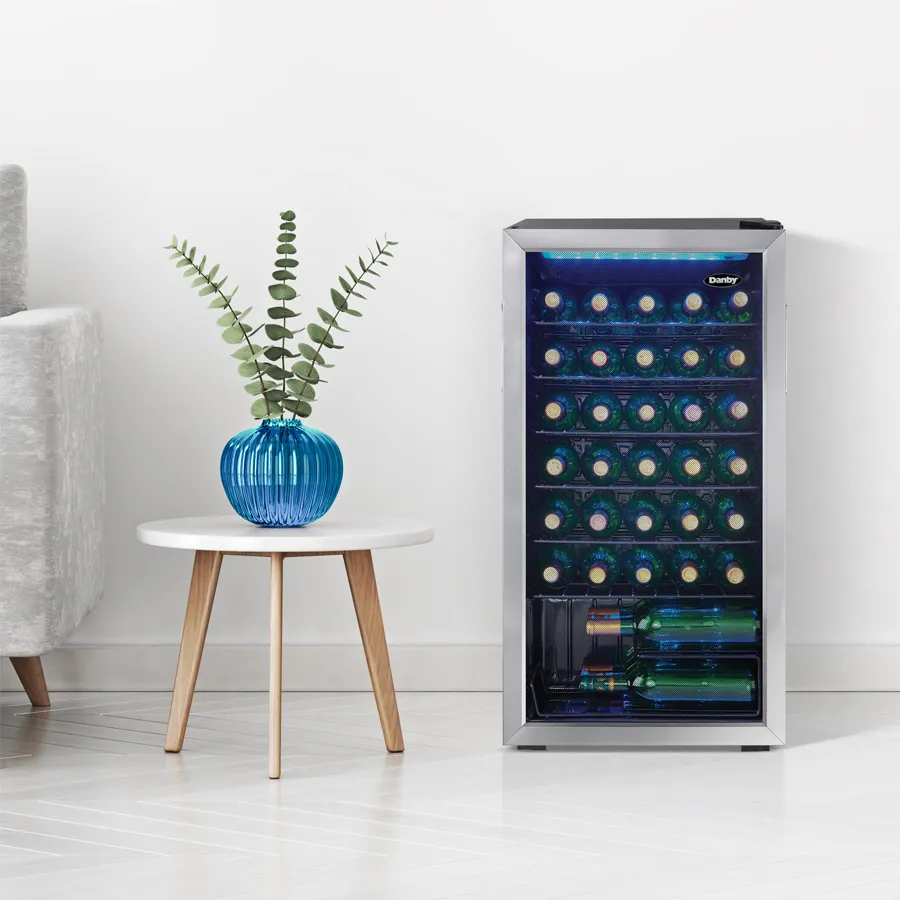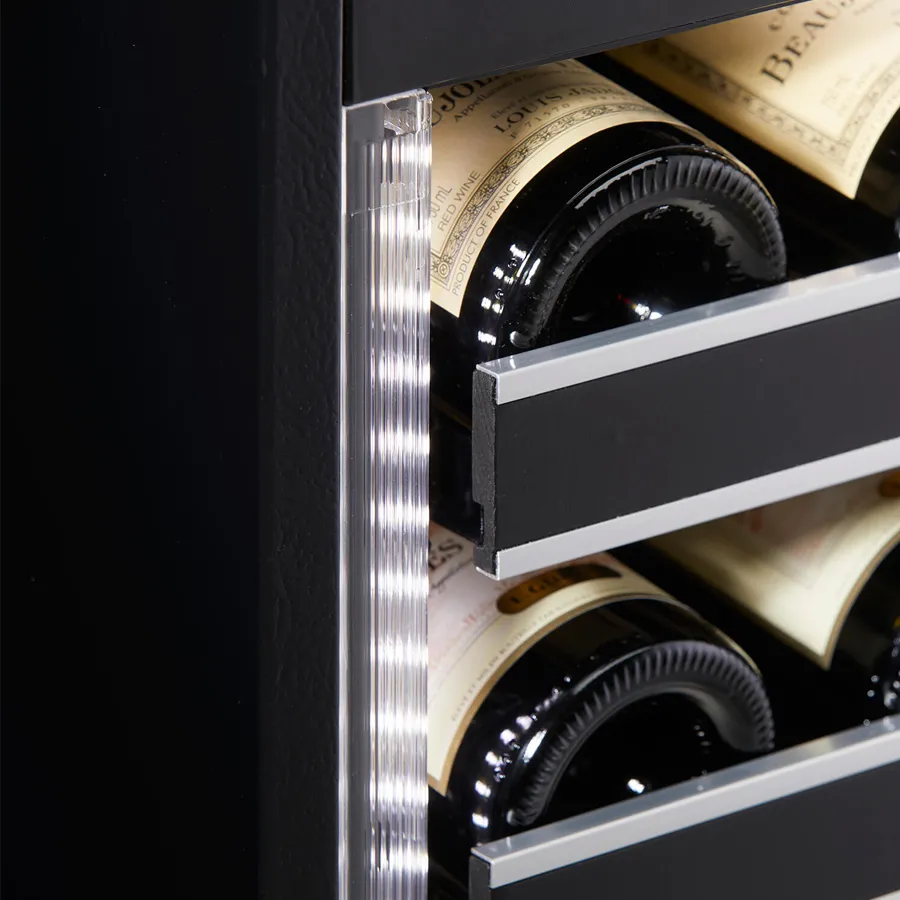Selecting the right water for your ice maker is a crucial consideration that can significantly impact its performance and longevity. The type of water you use can influence not only the quality of the ice produced but also the efficiency and maintenance requirements of the machine. In this guide, we will explore the factors to consider when choosing water for your ice maker and provide recommendations to ensure optimal functionality. From the importance of water hardness to the role of water detection sensors, understanding these aspects will help you make informed decisions about the water you use in your ice maker.
=> Quick Answer: The water used for the Ice Marker should be filtered. Because distilled or reverse osmosis water contains almost no calcium deposits, it is ideal for use in ice makers that produce solely ice.
About Hard Water?
- Mineral Content: Hard water contains a relatively high concentration of dissolved minerals, particularly calcium and magnesium ions. Other minerals such as iron and manganese can also contribute to hardness.
- Source: Hard water often originates from underground aquifers as water percolates through mineral-rich rocks like limestone or dolomite.
- Effects: The presence of these minerals can lead to several issues. For example, when hard water is heated, it tends to form mineral deposits (scale) on appliances like water heaters and pipes. This scale buildup can reduce the efficiency of heating elements and plumbing systems over time.
About Clean Water, Purified Water?
- Process: Filtration involves passing water through a physical barrier or medium to remove impurities, particles, and contaminants. Filters can be made of materials like activated carbon, ceramic, or other porous substances.
- Removal: Filtration is effective in removing larger particles, sediment, some bacteria, and certain chemicals. However, it may not be as effective against dissolved minerals, salts, or very small microorganisms.
- Common Uses: Many household water filtration systems, such as pitcher filters, faucet filters, ice marker filters and refrigerator filters, use this method to improve taste and remove visible impurities.


